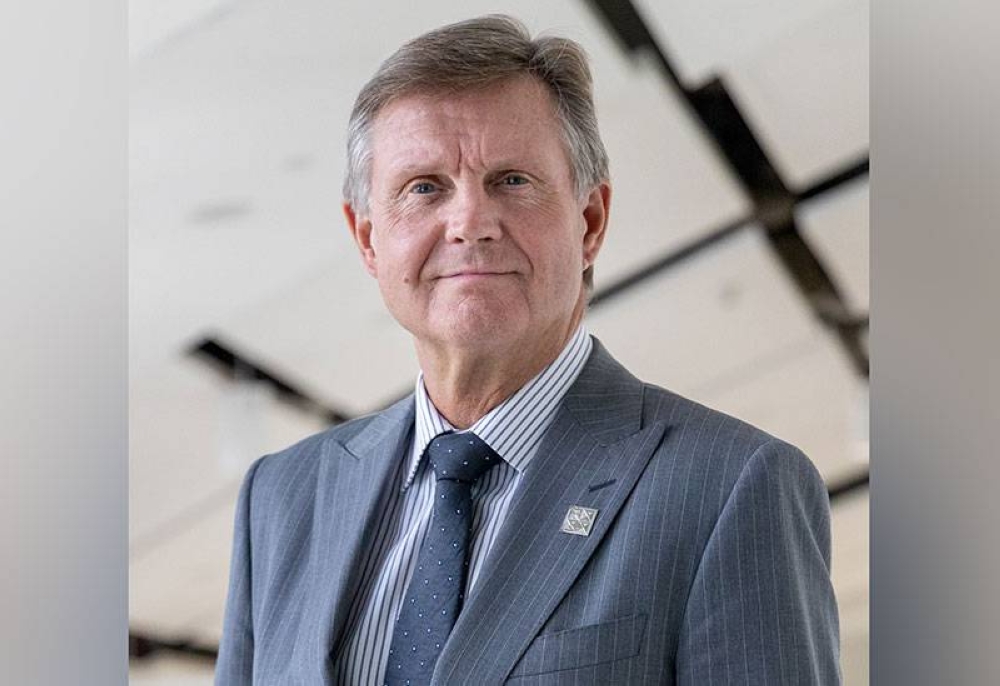Goal 16 is dedicated explicitly to peace and peace-building efforts. It aspires to create peaceful, inclusive societies by providing access to justice for all and building effective, accountable, and transparent institutions. There are several key targets and indicators within this goal that directly impact peace and security. These include reducing violence, ensuring equal access to justice, promoting the rule of law, reducing corruption and bribery, and establishing institutions that are accountable and transparent.
The interplay between the SDGs and peace is multifaceted. Poverty, inequality, and lack of access to basic services like education and healthcare often create conditions conducive to conflict and instability. By addressing these issues through the SDGs, we can mitigate the root causes of violence and foster more harmonious societies.
Environmental sustainability, as addressed in various SDGs such as Goal 13 (Climate Action) and Goal 15 (Life on Land), is also crucial for peace. Climate-related disputes over resources, forced migration due to environmental degradation, and the potential for more frequent and severe natural disasters can all lead to conflicts. SDGs that promote environmental stewardship help prevent such conflicts and contribute to global stability.
The International Day of Peace, observed on September 21st each year, underscores the practical relevance of the SDGs to global peace efforts. Established by the United Nations in 1981, the calls for a worldwide ceasefire and non-violence. It also provides an annual opportunity to raise awareness about peace-related issues and encourages individuals, communities, and nations to commit to peace-building initiatives.
The SDGs and International Day of Peace share a common goal: to create a more peaceful and sustainable world. By pursuing the SDGs, we not only address the root causes of conflict but also build the foundations for lasting peace. Sustainable development encompasses economic prosperity, social equity, environmental responsibility, and peace — collectively forging a path towards a better future for all. Recognising the synergy between these objectives reinforces our commitment to a more peaceful, just, and sustainable world, as envisioned by the United Nations and celebrated on the International Day of Peace.
- Dr Leslie A. Pal is the Founding Dean of the College of Public Policy at Hamad Bin Khalifa University.
About Hamad Bin Khalifa University
Innovating Today, Shaping Tomorrow.
Hamad Bin Khalifa University (HBKU), a member of Qatar Foundation for Education, Science, and Community Development (QF), was founded in 2010 as a research-intensive university that acts as a catalyst for transformative change in Qatar and the region while having global impact. Located in Education City, HBKU is committed to building and cultivating human capacity through an enriching academic experience, innovative ecosystem, and unique partnerships. HBKU delivers multidisciplinary undergraduate and graduate programmes through its colleges, and provides opportunities for research and scholarship through its institutes and centres. For more information about HBKU, visit www.hbku.edu.qa

